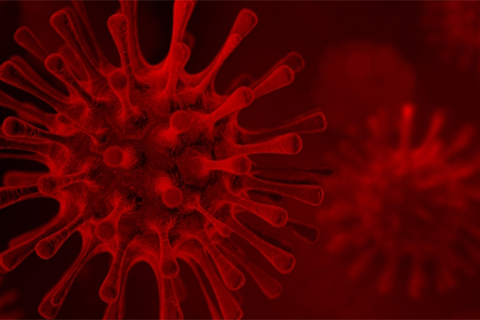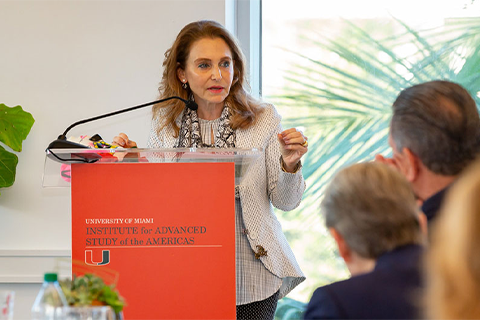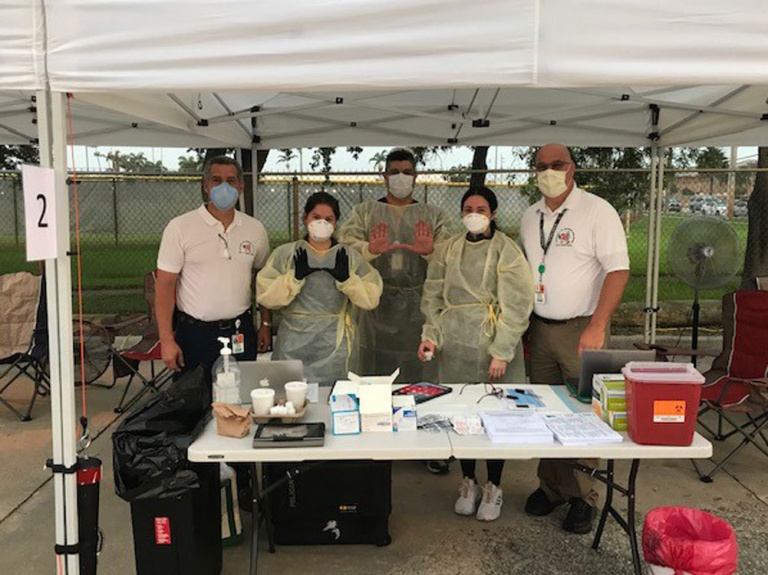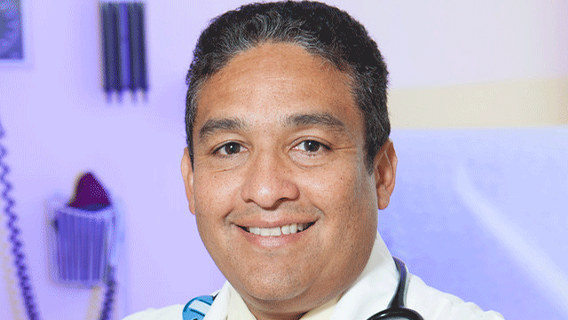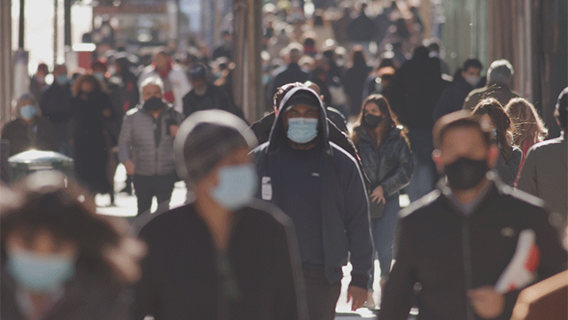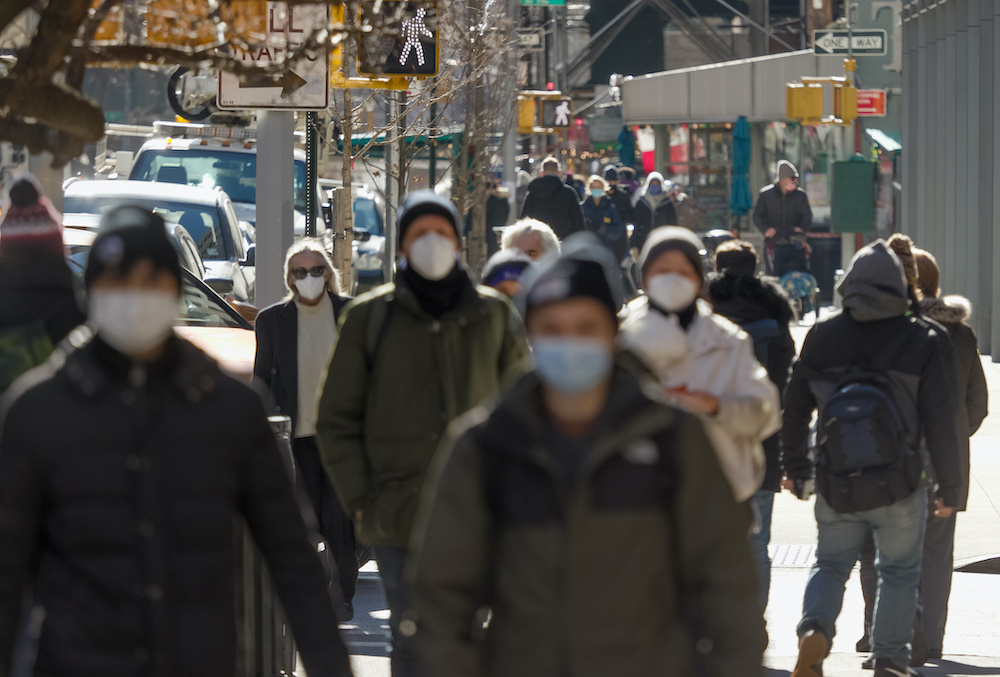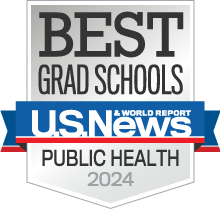A new study led by Dr. Ana Palacio from the Department of Public Health Sciences will develop population-based strategies to address COVID-19 health disparities across communities in Miami-Dade County. Dr. Palacio and a group of experts from University of Miami will compare the data of communities that have been the hardest hit to communities that have been impacted less.
Among the community characteristics that will be evaluated are clinical, social, environmental and economic factors. The study will help identify the local COVID-19 impact and develop best approaches to reduce the disparities.



